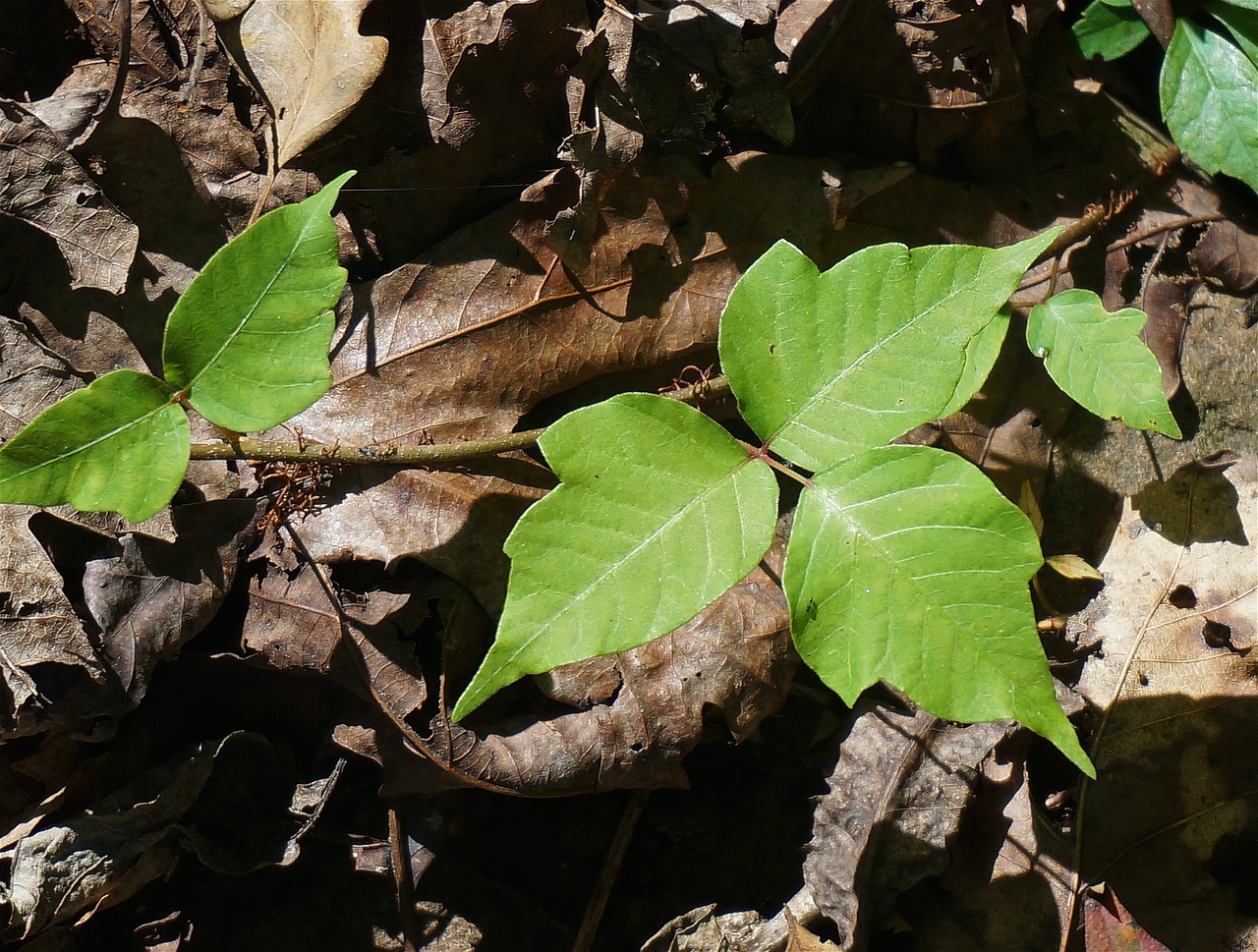All Pet toxins Articles

Poinsettias and Pets: Debunking the Myth of Deadliness
Poinsettias are a popular holiday plant, known for their bright red leaves that add a festive touch to any home. However, if you have pets, you might have second thoughts about bringing them inside, worrying that your furry friends could take a bite and get seriously sick.

Grape and Raisin Toxicity in Pets: A Danger to Dogs
Many pet owners think fruits and vegetables are great snacks for their dogs, but some can actually be harmful—or even toxic.

The Most Common Household Toxins That Can Harm Your Pet
Believe it or not, some of the most dangerous poisons for pets come from medications that their owners intentionally give them. To help keep your furry friends safe, here’s a list of common household toxins, how often they cause issues, and tips on how to prevent accidental poisoning.

Xylitol: A Hidden But Sweet Danger to Pets
Xylitol is a sugar substitute commonly found in everyday products like toothpaste, mouthwash, sugar-free gum, some cough syrups, and even children’s chewable vitamins. It’s also sometimes added to nut butters, such as peanut or sunflower butter. If you give nut butter to your pets, always check the label first—xylitol is highly toxic to animals and can be dangerous if ingested.

Avocado and Its Effects on Pets
Avocados, originally from Central Mexico, are packed with potassium, fiber, and healthy fats. They grow best in tropical and Mediterranean climates, and a single tree can produce over 500 avocados in a year!

Wild Mushrooms and Pet Safety
Wild mushrooms can be a real risk for curious dogs, but the level of danger varies. While many mushrooms might only cause mild stomach issues like nausea or diarrhea, some can be highly toxic—even deadly. The tricky part is that harmless and poisonous mushrooms often look very similar, making it difficult to tell them apart. That’s why it’s always best to keep your dog from eating any wild mushrooms and contact your vet right away if they do.
Get insurance plans with wide-ranging coverage options






